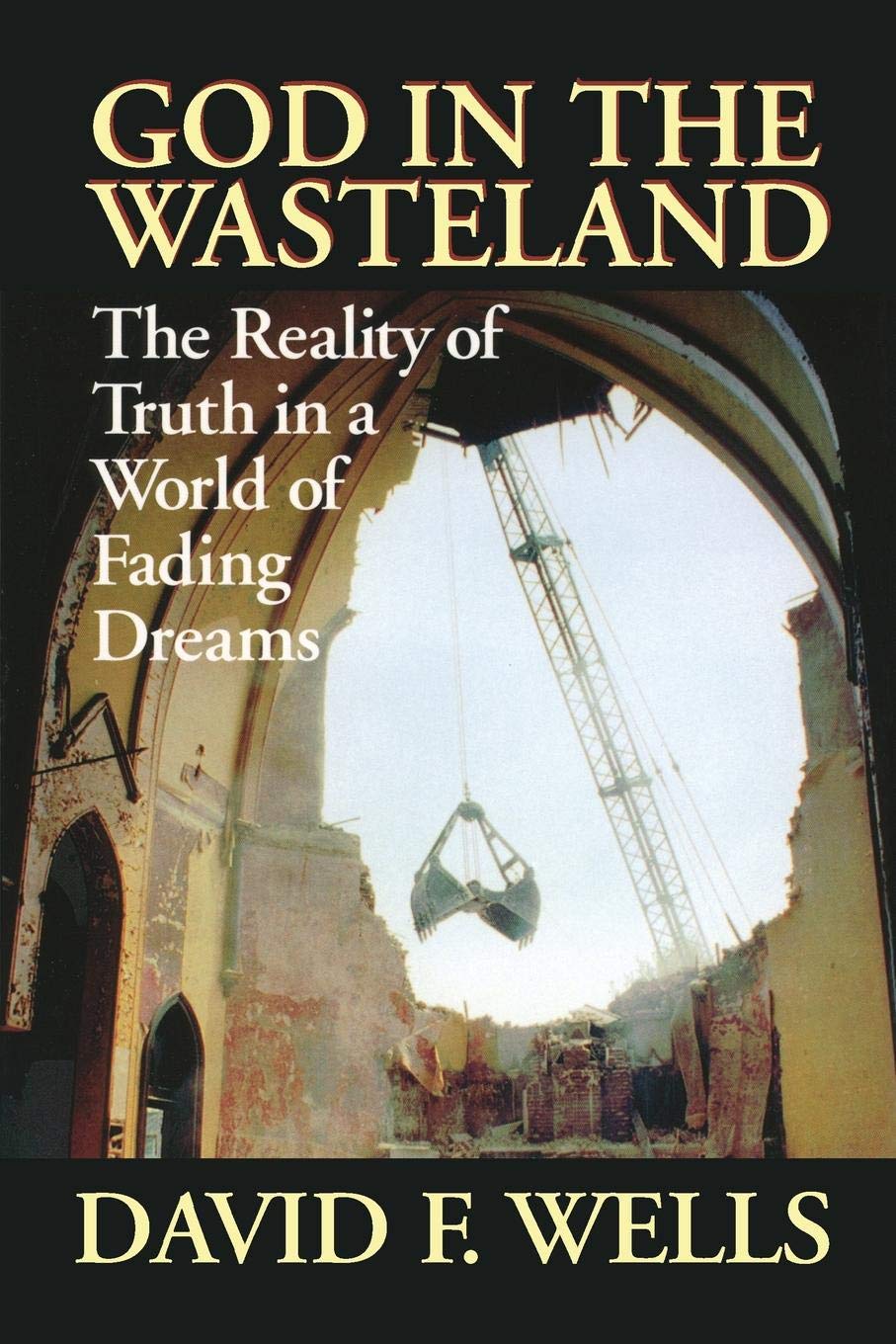A Brief Book Summary from Books At a Glance
By Benjamin Montoya
About the Author
David F. Wells (PhD, University of Manchester) is the Andrew Mutch Distinguished Professor of Historical and Systematic Theology at Gordon-Conwell Theological Seminary.
Introduction
In a culture that has been modernized and taken on the new ideology of modernism—a real wasteland—what happens to God? How do people handle their religious desires that spring from a sense of meaninglessness that they feel in the current culture of abundance? How are Christians to live? How are church leaders to lead in this culture? This book will begin to answer these much larger questions. As a side note, this book is part two of the larger Wells-triology. It would be ideal if the reader would read the books and summaries in their order to follow Wells’s line-of-thinking.
Table of Contents
Prologue
Chapter I An Accident in History
Chapter II An Accident of Faith
Strangers and Aliens
Chapter III The Alternative to God
Chapter IV Clerics Anonymous
Chapter V The Weightlessness of God
Chapter VI The Outside God
Chapter VII God on the Inside
Chapter VIII The Coming Generation
Chapter IX Speaking with a Different Voice
Book Summary
Prologue
Chapter I: An Accident in History
Our world has changed drastically. It has not been the result of a modern day world war in which one country has taken over another and, subsequently, changed the other. No, instead, it is a sort of accident in history that has taken place.
What has happened is that the world has experienced a modernization. This modernization is drive by four main realities: capitalism, technology, urbanization, and telecommunications. Capitalism picked up as the larger process of industrialization did. It has restricted the social structures of manufacturing, production, and consumption. Technology has become an essential piece of modern capitalism. It has brought about all kinds of medical and engineering advances. And, it has led some people to think that whatever is the most efficient is the most ethical. Urbanization has resulted in people moving away from small towns to bigger cities. Urbanization has also been affected by the mass immigrations of people from other countries who bring with them a variety of religions, cultural values, etc. Telecommunications has made everyone citizens of the whole world rather than just one country. People can keep up with almost everything everywhere provided some media outlet publishes it. There are lots of good things about these developments, but some of them are not so good.
Modernization has also blighted our lives by cutting our connections to place and community, elevating our level of anxiety, and greatly diminishing our satisfaction with our jobs. It has spawned pervasive fear and discontent. It has contributed to the breakdown of the family, robbed our children of their innocence, diluted our ethical values, and blinded us to the reality of God. It has made us shallow. It has made its empty.
Our society has lost its center despite all the gains that modernization has brought with it. What are the implications of all of this for the Christian faith? How can Christians live authentically in this modern culture in which people are rooted? How people have tried to relate to the culture of the day and maintain their Christian faith is to what the next chapter will turn its attention.
Chapter II: An Accident of Faith
Modernism has had its effect on faith because people of faith have been deeply affected by modernism. That is, they have carried over much of the larger convictions of this value system and are trying to live as Christians in it.
There have been two overall ways that professing Christians have tried to maintain their faith in the current culture. Liberal denominations have tended towards addressing social issues rather than doctrinal issues. Conservative denominations maintained some interest in Christian doctrine, but only in so far as it affected their understanding of America as a Christian nation that ought to have Christian practices like prayer in schools, Christian values in the family, and Christian perspectives on issues like abortion. Ironically, despite these different foci, both sides have lost something as a result of modernism: a conviction for the truth of God’s Word, or even for truth at all. “The problem with all civil religion, whether of the right or the left, is that it tends to be civil in the sense that it is inoffensive. It has no edges because it is driven not by a passion for God’s truth but by the politics of the day, whatever. . .
[To continue reading this summary, please see below....]The remainder of this article is premium content. Become a member to continue reading.
Already have an account? Sign In
